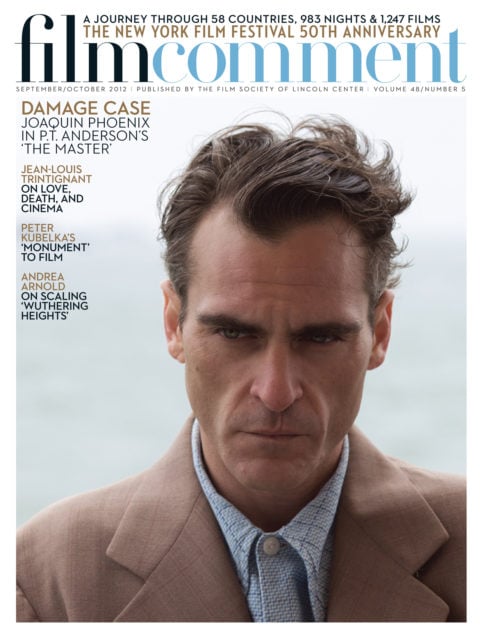
“Now you’ll see a real movie,” snaps a haughty actress in The Student after a young production assistant spills hot tea on her. She phones her banker husband, two thugs in suits arrive, and a beating is administered. Just another day in post-Communist Kazakhstan’s oligarchy, where, to quote a university lecturer in the film who brightly champions Social Darwinism, “the weak disappear.” As in the 1860s Russia of Crime and Punishment—the source for Darezhan Omirbaev’s concise adaptation—both the country and the film’s student protagonist are in the throes of a moral crisis with deadly consequences.
Dostoevsky’s legendary Raskolnikov is here a nameless Almaty student—slight and harmless-looking behind glasses yet possessed of (or by) a Bressonian downcast intensity. Omirbaev, who previously adapted Tolstoy’s Anna Karenina in Chouga (07), pares down the novel’s boldly composed story of tortuous obsession and guilt with the same potent economy he applies to all of his films. The student, faced with a kind of existential dare, kills a convenience-store owner and a passerby; afterward, following a chance encounter, he reaches out to the daughter of a doomed poet. Eventually, after subtle shifts in tone (and more than one dream vision), the possibility of grace—or what one critic calls “the good in evil”—is eloquently brought forth.
Omirbaev’s classical filmmaking is downright bracing; he knows when an eliding cut, a track-in, or a well-turned pause will clinch a scene. That he has yet to see distribution in the United States after two decades and six features is in itself a crime.








